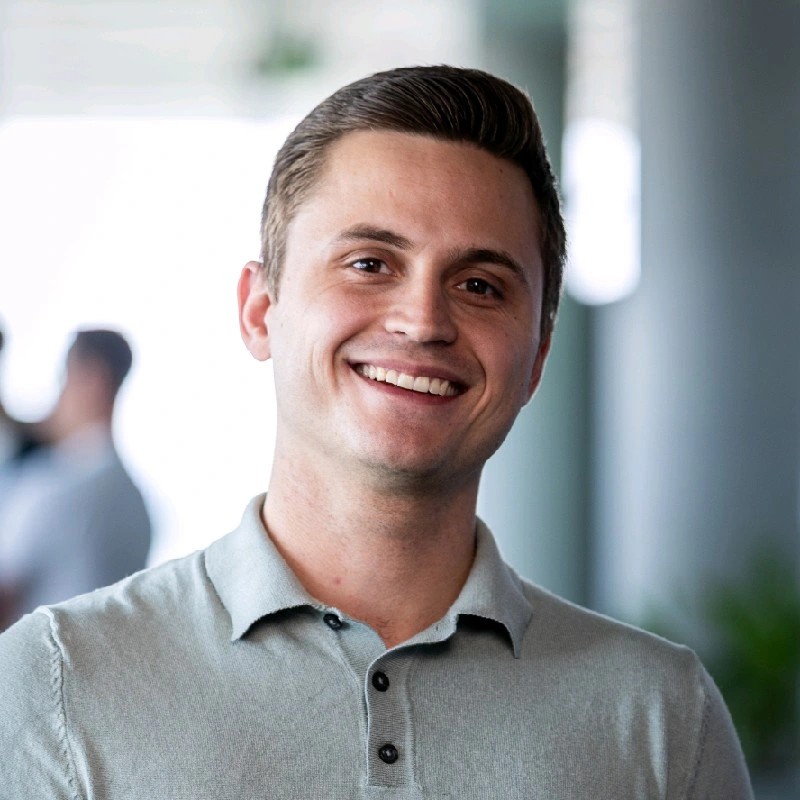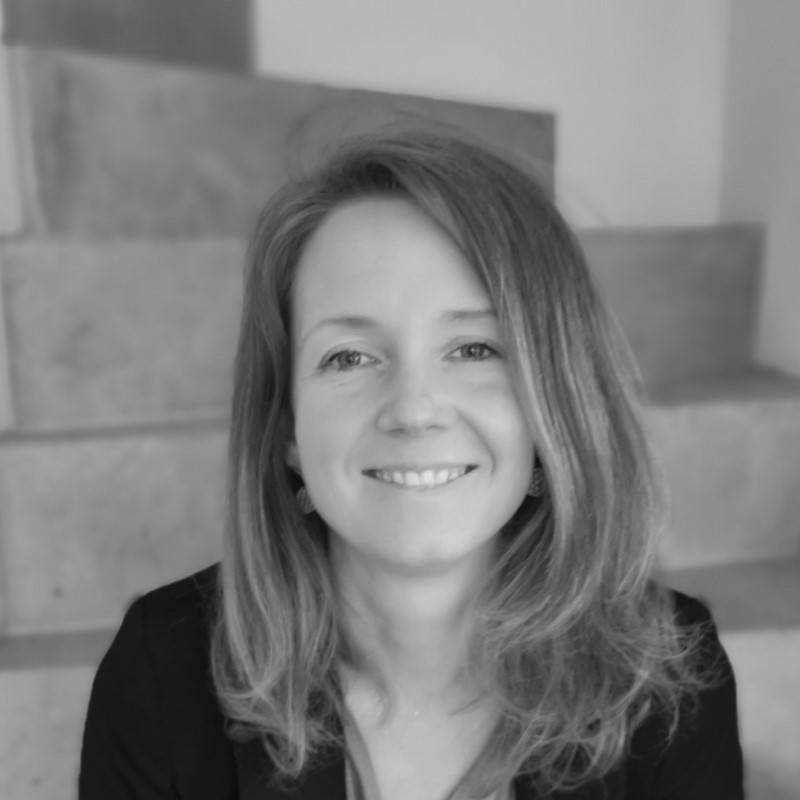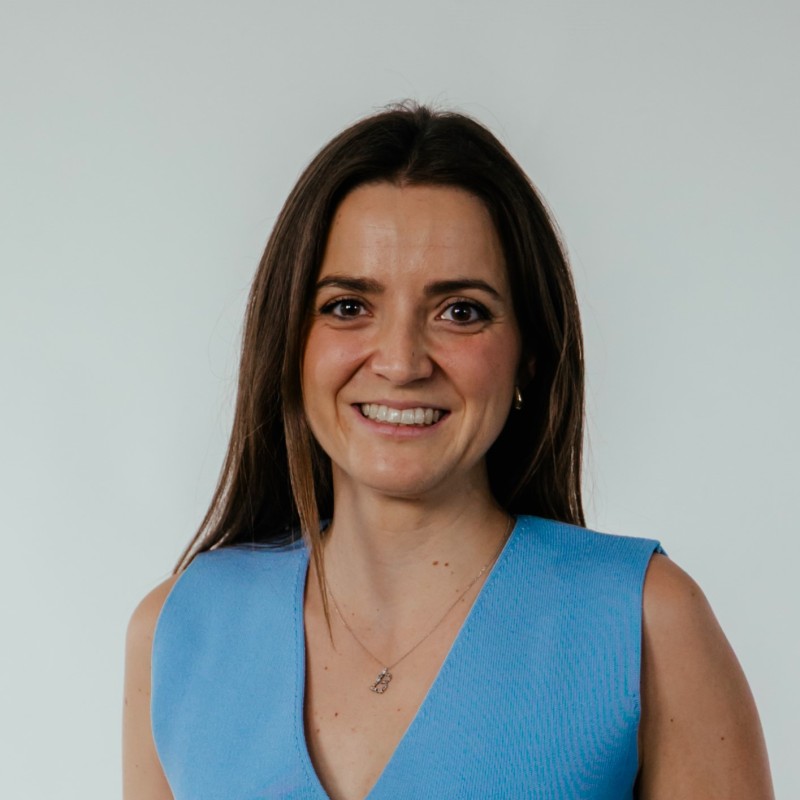The startup ecosystem landscape has fundamentally shifted in 2025. While European VC funding dropped 50% from 2021's $100B to 2023's $52B according to Crunchbase data, innovative venture-client models are emerging as game-changers for both startups and corporations. This transformation represents more than just alternative funding—it's reshaping how ecosystems for startups operate across Germany, Spain, the UK, and Brazil.
The New Reality: Why Traditional Startup Ecosystems Need Evolution
Today's startup ecosystem faces unprecedented challenges. Black founders receive less than 1% of UK VC funding, while women-led startups globally secure under 2% of total investment. Meanwhile, climate tech attracts 22% of European VC funding versus just 7% in the US, highlighting regional specialization trends that smart startups must navigate.
The Global Startup Ecosystem Report 2024 confirms London's position as Europe's #1 startup hub, followed by Amsterdam, Paris, Berlin, and Barcelona. Yet even in these thriving ecosystems, startups struggle with a critical gap: bridging the chasm between innovative solutions and enterprise customers willing to pay for them.
This is where venture-client models revolutionize the traditional ecosystem for startups approach.
Wayra's Venture-Client Blueprint: Redefining Corporate-Startup Partnerships
Wayra Germany exemplifies how modern startup ecosystems should function. Unlike traditional accelerators that focus solely on mentorship and networking, Wayra operates as Telefónica's innovation laboratory, creating direct revenue pathways for startups through its 46 million customer base.
The venture-client model works differently than conventional corporate venture capital. Instead of taking equity stakes in financing rounds, Wayra identifies startups that solve specific Telefónica departmental challenges, then facilitates paid pilot projects. This approach generates immediate revenue for startups while providing Telefónica with cutting-edge solutions.
Consider the recent success with Galactify, which streamlined feedback processes for o2 Telefónica's compliance requirements. The proof-of-concept led to solution integration and enabled Galactify to expand its team during the pilot phase—demonstrating how venture-client partnerships create win-win scenarios.
The 5G Innovation Hub: Where Technology Meets Market Reality
Munich's 5G Tech Lab represents the future of startup ecosystem infrastructure. This innovation hub provides startups with exclusive access to 5G networks, IoT platforms, and specialized tools that would otherwise require significant capital investment.
The lab's significance extends beyond technology access. Startups developing 5G use cases can test, refine, and demonstrate their solutions in real-world conditions with immediate feedback from Telefónica's technical teams. This direct corporate engagement accelerates product-market fit validation—a critical milestone that typically takes startups months or years to achieve independently.
For startups in the ecosystem, this means faster iteration cycles, reduced technical risk, and immediate access to enterprise-grade infrastructure. The 5G Tech Lab essentially functions as a startup ecosystem within an ecosystem, providing specialized resources that generic accelerators cannot match.
Investment Strategy: Beyond Traditional Funding Models
Wayra's investment approach reflects the evolving needs of modern startup ecosystems. With ticket sizes ranging from €150,000 to €5 million, Wayra focuses on strategic value creation rather than pure financial returns. The 75% synergy focus with Telefónica ensures startups receive not just capital, but immediate market access through Europe's largest telecommunications network.
This model addresses a fundamental ecosystem for startups challenge: the valley of death between seed funding and sustainable revenue. By positioning Telefónica as the first customer reference, startups can demonstrate traction to subsequent investors while building recurring revenue streams.
The remaining 25% allocation for technology bets allows Wayra to explore emerging trends that may not have immediate Telefónica applications but could reshape entire industries. This balanced approach ensures both short-term value creation and long-term innovation leadership.
Global Market Access: Scaling Beyond Local Ecosystems
One limitation of traditional startup ecosystems is geographic constraint. Even successful hubs like London or Berlin can become insular, limiting startups' international expansion opportunities.
Wayra's global network spanning Germany, Spain, the UK, and Brazil provides startups with seamless market access across diverse regions. This international connectivity is particularly valuable for B2B startups seeking enterprise customers in multiple markets simultaneously.
The venture-client model facilitates this expansion by providing local corporate partnerships in each market. A startup succeeding with Telefónica Germany can leverage those credentials to engage Telefónica operations in Spain or Brazil, creating a replicable growth pattern that traditional ecosystem support cannot match.
Services Architecture: Comprehensive Startup Support
Wayra's Services for Start-ups encompass the full spectrum of venture-client engagement. The Traction Boost program specifically prepares startups for Telefónica pilot projects, while Sales Boost focuses on scaling successful partnerships into broader market opportunities.
For corporations, Wayra's Services for Telefónica include Efficiency Boost and Revenue Boost programs that identify and implement startup solutions across different business units.
This dual-sided approach ensures ecosystem sustainability by creating value for both startups and corporate partners. Traditional accelerators often struggle with post-program engagement, but venture-client models maintain ongoing relationships through commercial partnerships.
Addressing Ecosystem Diversity and Inclusion
The startup ecosystem's diversity challenges require systemic solutions. Crunchbase's expansion of diversity tracking to Europe in 2024 highlighted the need for inclusive innovation programs. Wayra's solution-oriented selection process focuses on problem-solving capability rather than traditional founder profiles, potentially creating more equitable opportunities.
The venture-client model's emphasis on commercial validation also reduces bias in funding decisions. When startups must demonstrate value to paying corporate customers, success metrics become more objective and less dependent on investor preferences or network effects.
Practical Implementation: How Startups Can Leverage Venture-Client Ecosystems
Startups seeking to engage with venture-client programs should focus on specific corporate pain points rather than generic market opportunities. Research Telefónica's operational challenges, particularly in 5G deployment, customer experience, and digital transformation initiatives.
The EU-Startups Summit in Malta 2025 will feature growing startup ecosystems across Europe, providing networking opportunities with corporate innovation leaders. Startups should attend with concrete solutions rather than broad technology pitches.
Use StartupBlink's Corporate Activity Index to identify the most active corporate innovation programs beyond Wayra. BMW Startup Garage, for example, successfully integrated AirConsole's gaming features into the BMW 5 Series within months of initial engagement.
Apply Crunchbase Diversity tags to increase visibility among inclusive investors, while simultaneously pursuing venture-client opportunities that provide non-dilutive revenue streams.
The Future of Startup Ecosystems: Integration and Specialization
The European Commission's StepUp Startups report emphasizes reducing ecosystem fragmentation through better cross-border collaboration. Venture-client models naturally address this challenge by creating corporate partnerships that span multiple markets.
As Medellín, Colombia demonstrates with 40% ecosystem growth—the fastest in Latin America according to the StartupBlink Index 2025—specialized innovation hubs can achieve rapid development when they focus on specific industry strengths.
Germany's position in 5G technology, combined with Telefónica's telecommunications expertise, creates a natural specialization opportunity for startups in the ecosystem. This focused approach generates better outcomes than generic startup support programs.
Measuring Success: KPIs for Venture-Client Ecosystems
Traditional startup ecosystem metrics focus on funding raised and companies created. Venture-client ecosystems require different success indicators: revenue generated through corporate partnerships, time to first enterprise customer, and commercial pilot conversion rates.
Startup Genome's research indicates that implementing three specific practices—3+ equity-holding advisors, 5+ connections from top ecosystems, and stock options for all employees—can boost scaleup rates by 15x when used together. Venture-client programs naturally facilitate these connections through corporate mentorship and partnership networks.
Ready to Transform Your Startup Journey?
The ecosystem for startups is evolving beyond traditional funding models toward sustainable, revenue-generating partnerships. Wayra's venture-client approach demonstrates how corporations and startups can create mutual value while addressing real market challenges.
Whether you're a startup seeking your first enterprise customer or a corporate innovation leader exploring proven venture-client partnerships, the time for action is now. Contact Wayra to explore how the venture-client model can accelerate your growth trajectory.
Frequently Asked Questions
What makes venture-client models different from traditional accelerators?
Venture-client programs focus on immediate revenue generation through corporate partnerships, while traditional accelerators emphasize mentorship and networking without guaranteed commercial outcomes.
How does Wayra's investment range compare to typical VC funding?
Wayra's €150,000 to €5 million tickets target startups ready for commercial validation rather than early-stage experimentation, providing capital aligned with revenue-generating activities.
Can international startups access Wayra's 5G Tech Lab?
Yes, the Munich 5G Tech Lab welcomes startups globally, particularly those developing telecommunications, IoT, or enterprise solutions that align with Telefónica's strategic priorities.
What industries benefit most from venture-client partnerships?
B2B technology companies, particularly in telecommunications, enterprise software, and industrial IoT, find venture-client models most effective due to longer sales cycles and complex procurement processes.
How long does the venture-client engagement process typically take?
From initial contact to pilot project launch, the process usually spans 3-6 months, significantly faster than traditional enterprise sales cycles that can extend 12-18 months.
Conclusion: Building Tomorrow's Innovation Ecosystem Today
The startup ecosystem transformation is already underway. While traditional funding sources contract, venture-client models provide sustainable alternatives that benefit all stakeholders. Wayra's success with Telefónica demonstrates how corporations can become innovation catalysts while startups achieve commercial validation and revenue growth.
The future belongs to ecosystems that create real value through meaningful partnerships. Connect with Wayra to join this transformation and discover how venture-client collaboration can accelerate your startup's journey from concept to commercial success.
Resources:
- Wayra Services for Start-ups
- Wayra Services for Telefónica
- Traction Boost Program
- Sales Boost Program
- Efficiency Boost for Corporates
- Revenue Boost for Corporates
- Contact Wayra
Ready to revolutionize your approach to startup ecosystem engagement? Start your venture-client journey today.














